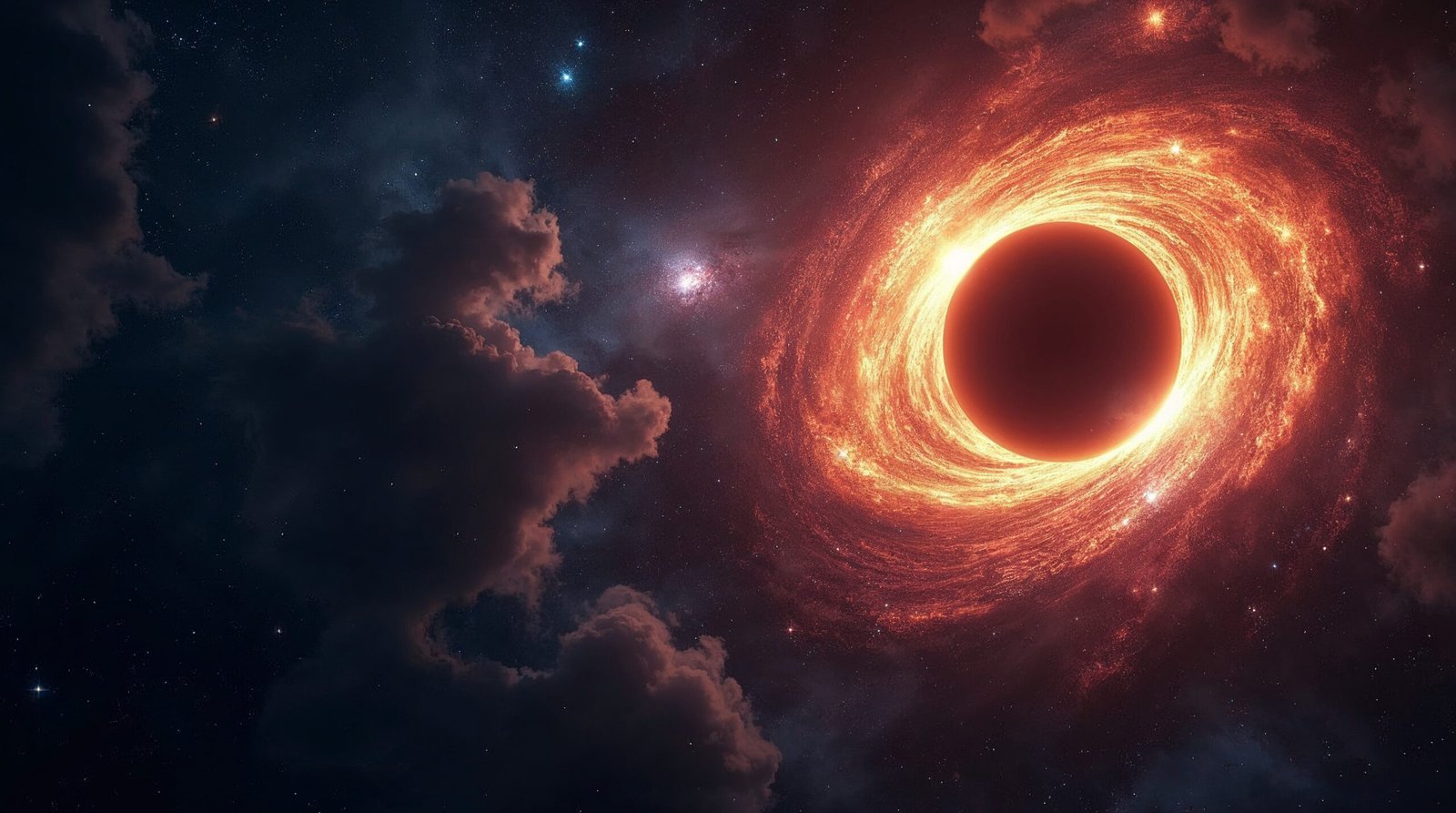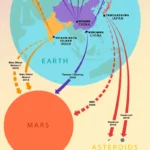Can Space Really Have Sound?
We’ve all heard that “space is silent.” Technically, that’s true — in a vacuum, sound can’t travel because there’s no air. But some places in the Universe aren’t empty at all. Galaxy clusters, for example, are filled with hot gas and plasma. When supermassive black holes disturb this gas, they send out ripples, a bit like sound waves in air.
NASA scientists figured out how to detect these ripples and convert them into audio we can hear. This process is called sonification — turning data into sound.
NASA’s Haunting Black Hole Audio
In 2022, NASA released a sound clip from the Perseus galaxy cluster. At its center lies a black hole that’s stirring up gas with enormous power. The ripples it creates are real sound waves, but they vibrate at such a low frequency that humans can’t hear them.
So what did scientists do? They raised the pitch by 57 octaves — that’s trillions of times higher — to bring it into our hearing range. The result is an eerie, rumbling tone that feels more like a ghostly hum than a song. It’s the lowest note ever detected in the Universe, shifted up so our ears can catch it.
Why Black Hole “Music” Matters
You might think this is just a cool trick, but it’s actually an important scientific tool. These sound waves tell us:
- How energy spreads through galaxy clusters
- How black holes affect the formation of galaxies
- How gas in space gets heated and moved around
It also opens new doors for accessibility. People with visual impairments can now “hear” astronomy data and experience the cosmos in a completely different way.
Other Cosmic Sounds
NASA hasn’t stopped at Perseus. They’ve also turned data from another black hole system, V404 Cygni, into sound. Here, bursts of X-rays echoed through gas and dust like ripples in a pond — and then into eerie audio.
Scientists are even studying “sonic black holes” in labs on Earth, where sound waves mimic light. This research could give us clues about Hawking radiation and quantum mysteries of real black holes.
A Universe That Sings
Hearing a black hole doesn’t mean the Universe is suddenly full of noise. But it does mean we have a new way to connect with space — through sound. For the first time, we’re not just seeing the cosmos with telescopes, but also hearing its hidden music.
It’s a reminder that space still holds surprises, and sometimes those surprises are haunting, beautiful, and otherworldly.











